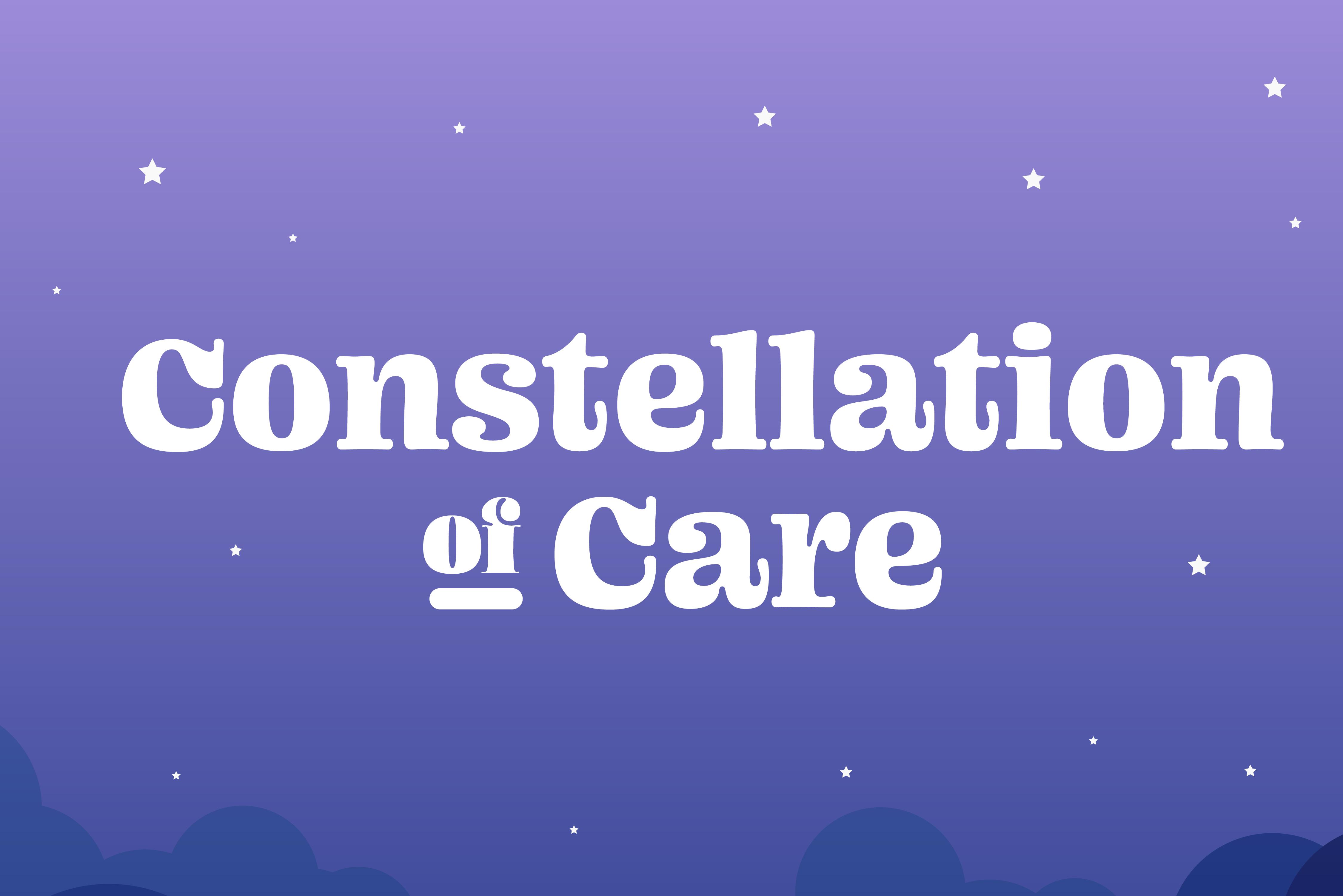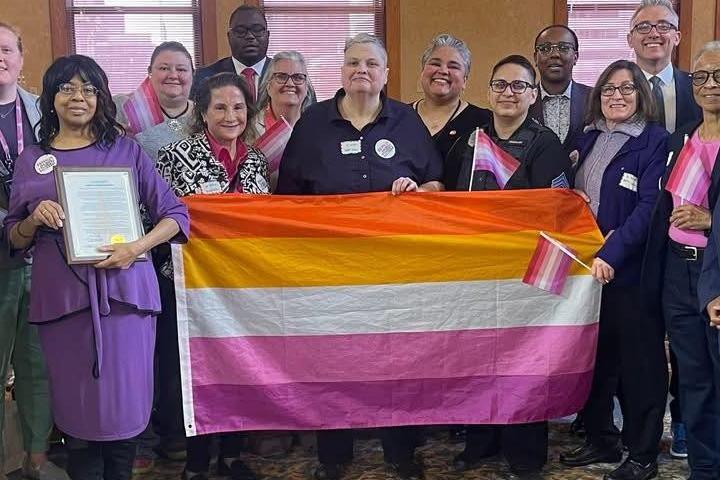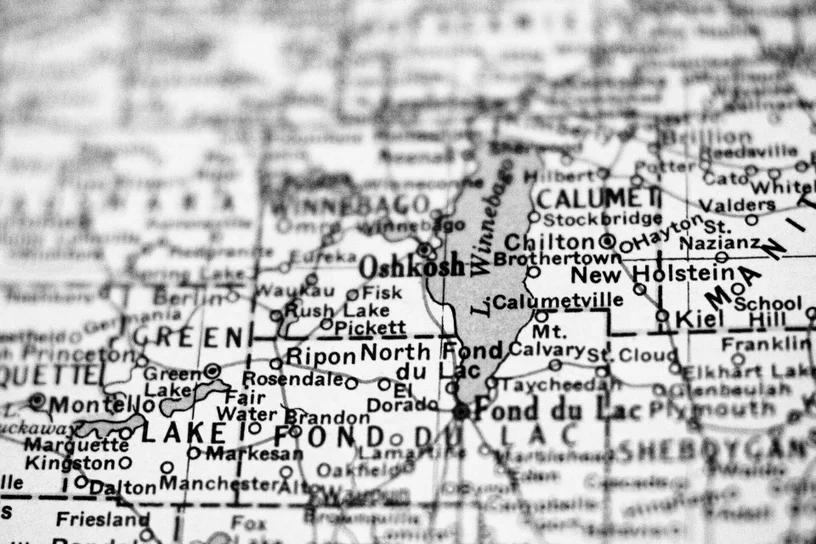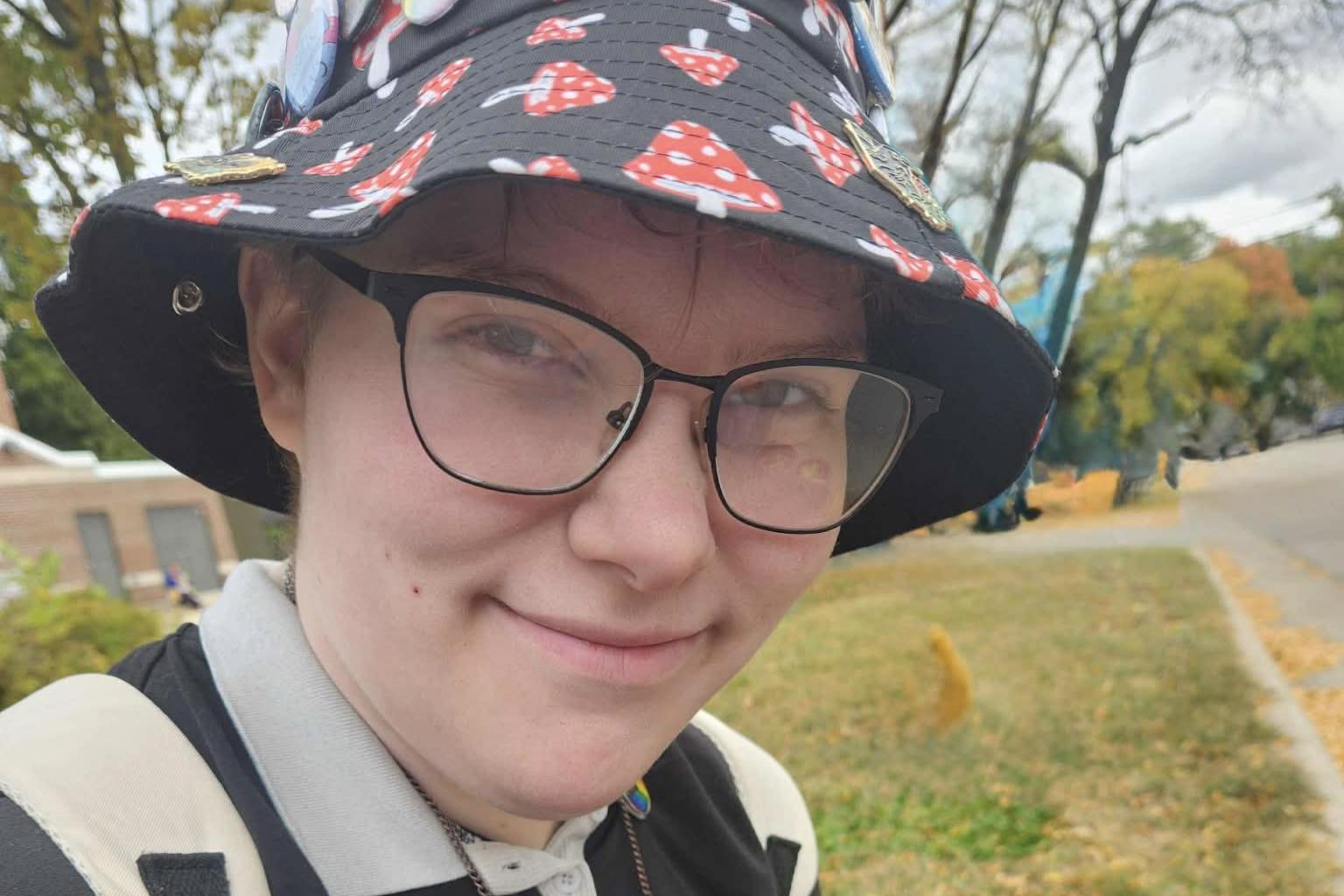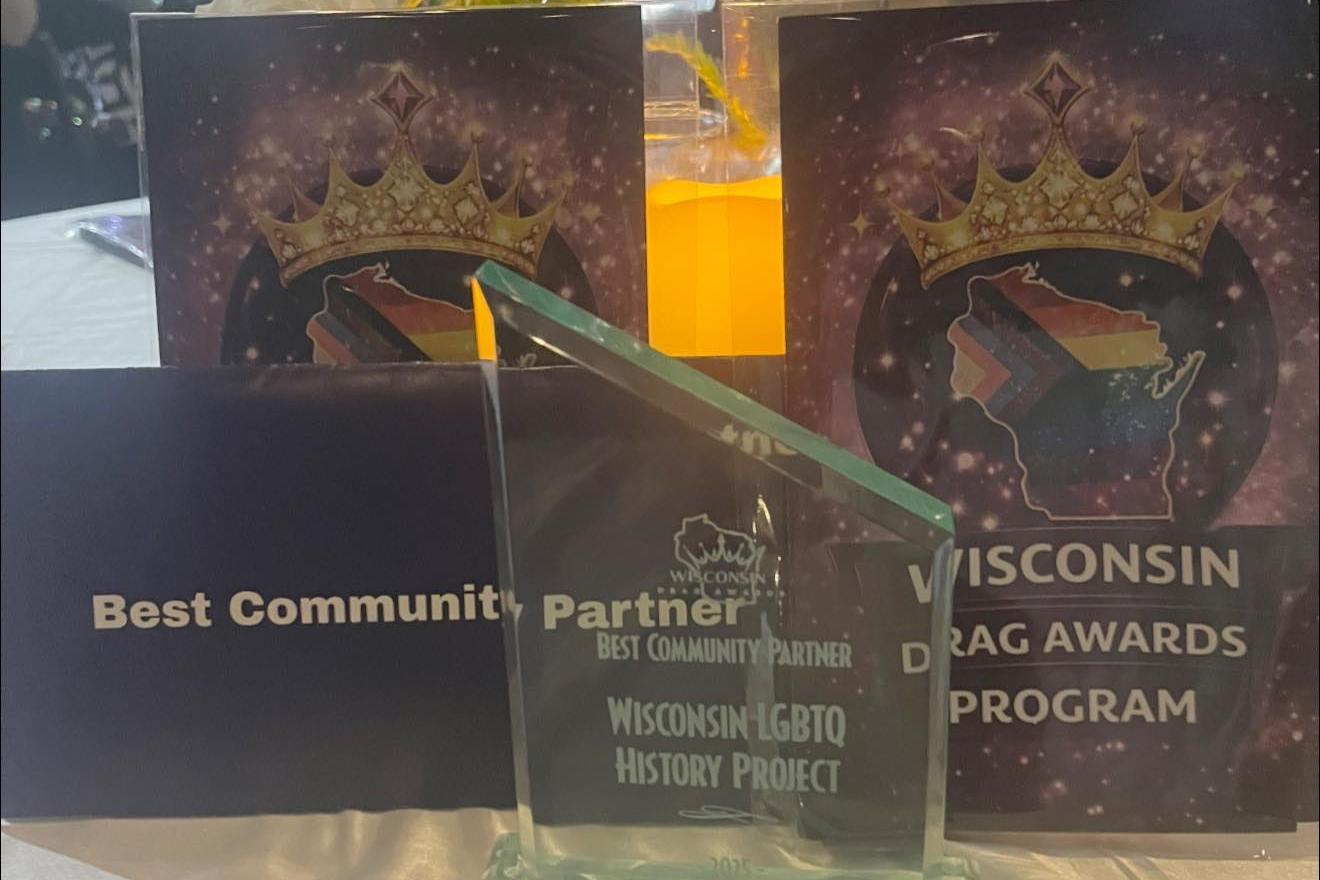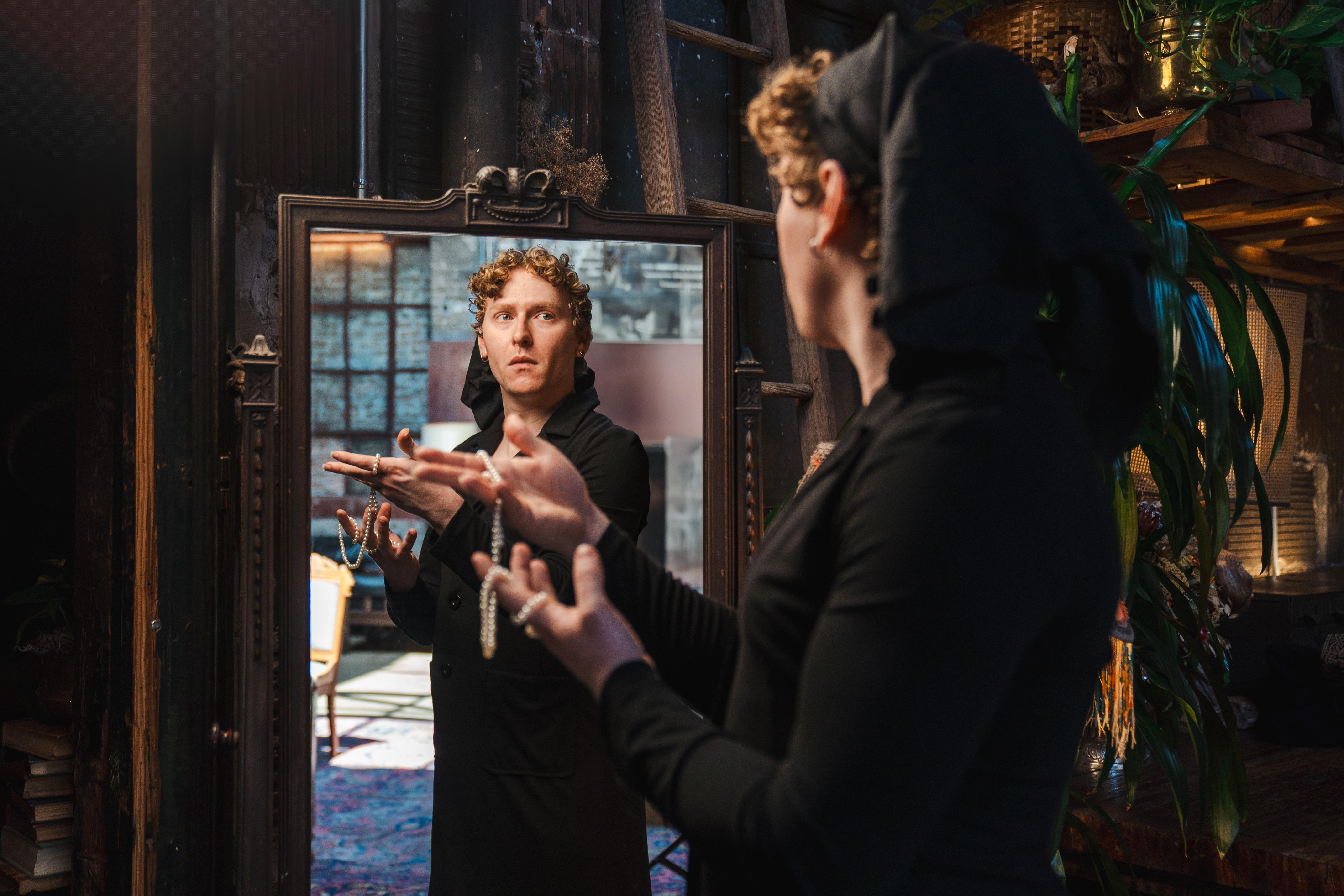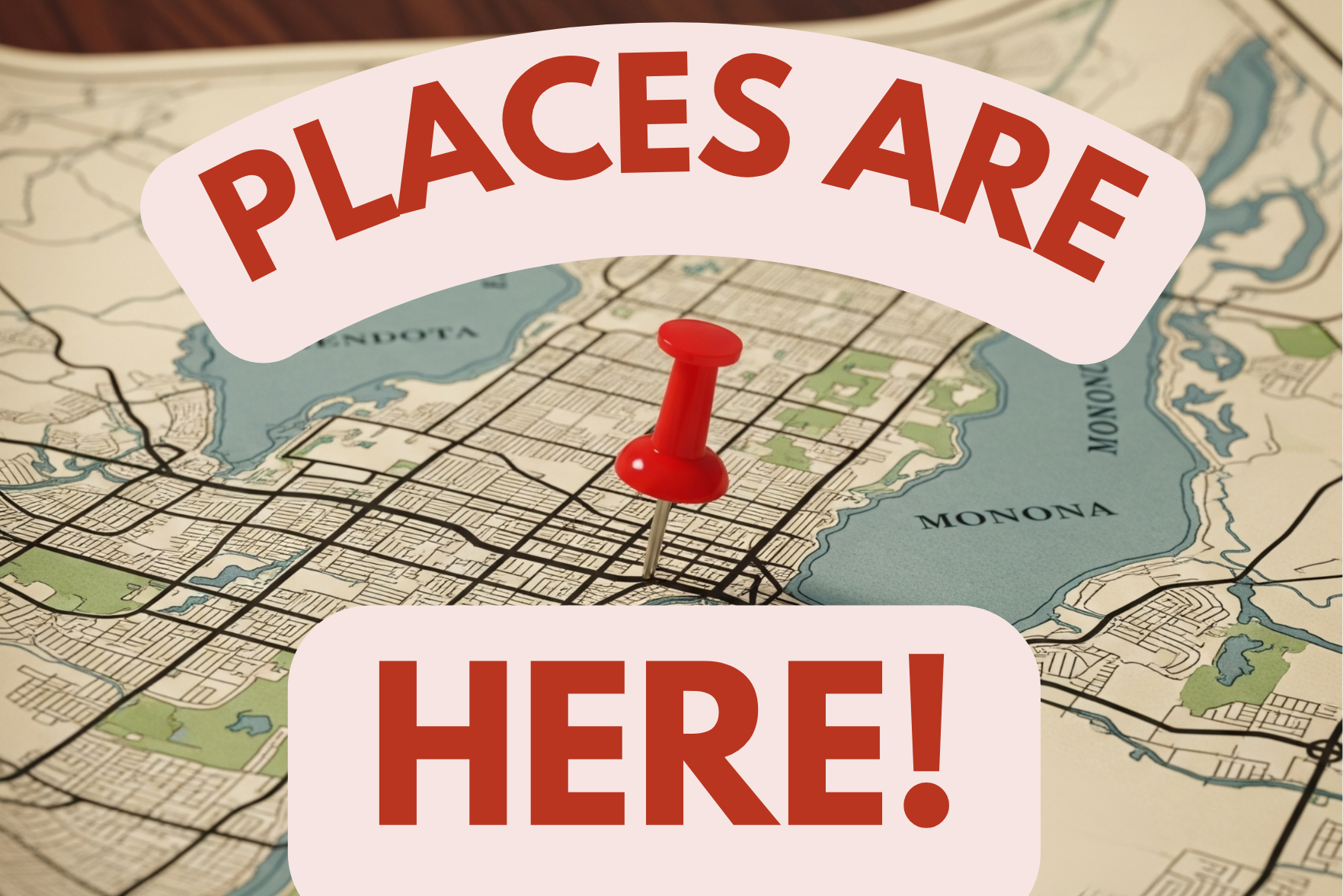
Explore over 550 historic LGBTQ sites -- from anywhere!

Get ready to explore Wisconsin LGBTQ history in a whole new way!
Today, we've launched a whole new Places experience -- including a new look and feel, filtering capabilities, and map integration -- to make our history more accessible, inclusive, and authentic than ever. The Places site, which lists 550+ historic LGBTQ sites throughout Wisconsin, now provides a digital tour from any screen: mobile, tablet, or desktop.
"For 30 years, we've been researching these historic sites from Superior to Kenosha," said Michail Takach, chair of the History Project. "We've been inspired by the work of the NYC LGBTQ Historic Sites Project -- and we were thrilled to see we had even more sites documented."
"We can't overlook the power of place-based history," said Takach. "When our community was much smaller, much more fragmented, and much less visible, these spaces were often the only place where we could be ourselves. The fact that they have always existed -- dating back to the 1880s and likely earlier -- is a testament to not only the resilience of our people, but to our resourcefulness."
Takach points to the formation of "sailor bars" in most industrial cities, followed the first "gayborhoods" -- I.e., Milwaukee's "Plankinton Strip" which took shape as early as 1949. Due to the absence of any organized history or heritage movements, these places were nearly lost to time -- including the Black Nite, scene of Wisconsin's first LGBTQ uprising in 1961.
"Through urban renewal, freeway building, gentrification, and demolition by neglect, many historic LGBTQ sites have disappeared from our landscape," said Takach. "Other sites have found surprising new futures, so far removed from their pasts, that their current owners might not even know these hidden histories. At the History Project, we are committed to honoring the places where community was born, and those who created and held those spaces for us."
A future phase of the project will include interactive photo and video carousels, additional filtering options, a statewide map, and the site's first search engine. As a 501c3 nonprofit, the History Project relies upon tax-deductible donations to fund this work forward.
We thank our partners at Rockstar Design for making Places possible, as well as their long-time support of our digital presence.
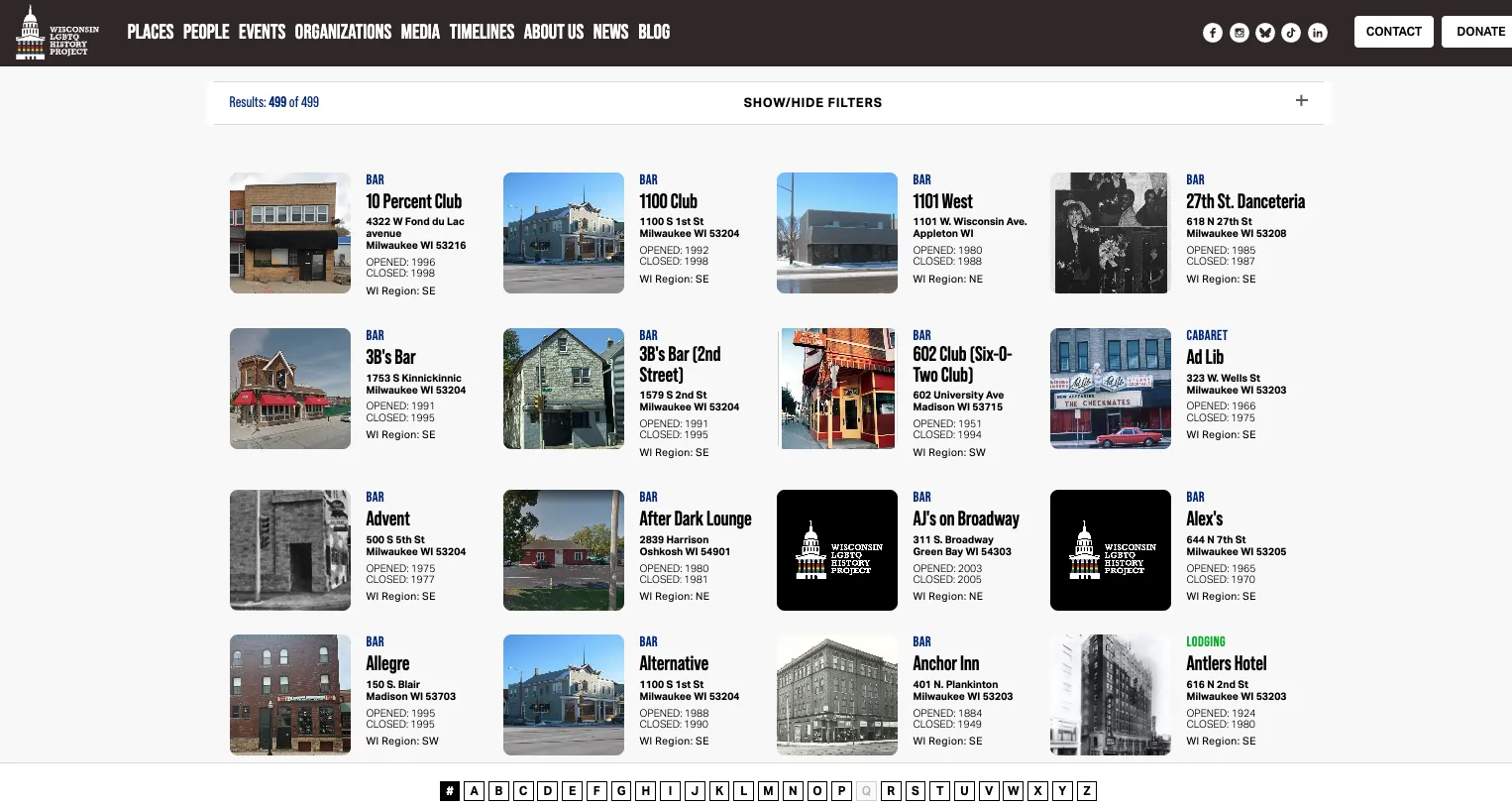 Meet our 2025 Beacons of the Bay!
Meet our 2025 Beacons of the Bay!
Read More
